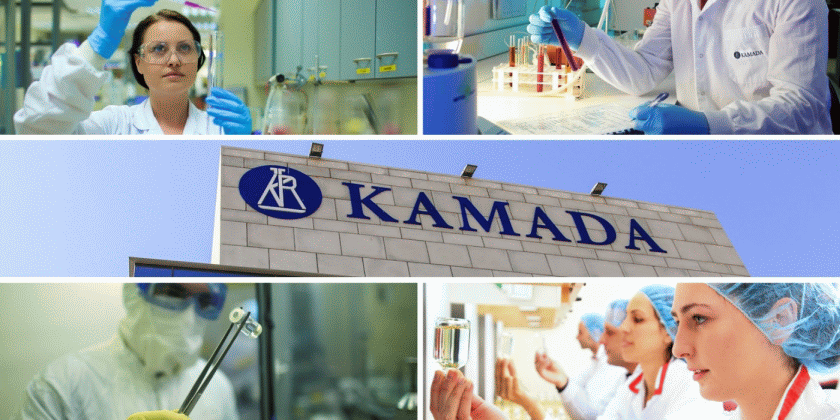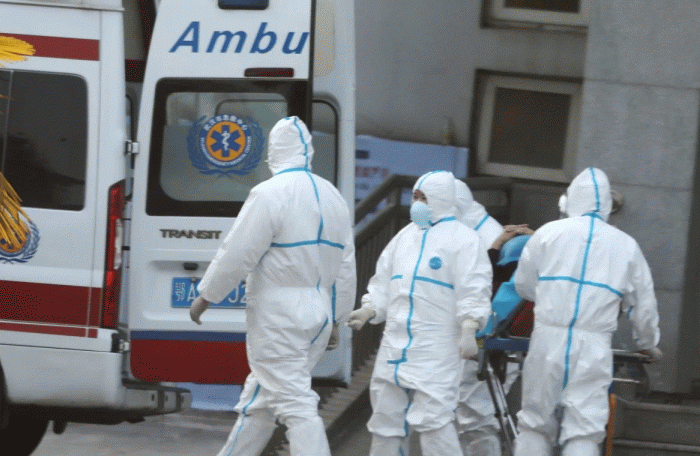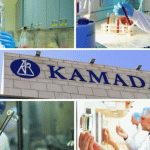Israel biopharmaceutical company Kamada is developing ‘passive vaccine’ (blood plasma) for treatment against coronavirus

Kamada, an Israel-based biopharmaceutical company that is focused on plasma-derived protein therapeutics for treatment of individuals with rare diseases, today announced that it has started to work on developing a blood-plasma derived treatment against the virus. The Rehovot, Israel-based biopharmaceutical company, said it is working to collect plasma from people who have recovered from the viral disease and donate their blood to treat people with coronavirus disease.
Kamada plans to initiate the development of an Anti-Corona (COVID-19) polyclonal immunoglobulin using its proprietary plasma derived IgG platform technology as a potential treatment for severely ill coronavirus patients.
The plasma-derived Anti-Corona (COVID-19) IgG product is expected to be produced from plasma derived from donors recovered from the virus, which is anticipated to include antibodies to the novel Corona virus (COVID-19). Kamada emphasizes that the development plan and manufacturing of the product are highly dependent on the availability of hyper-immune plasma and on the regulatory path to be defined with the health authorities.
“The current global crisis resulting from the coronavirus outbreak calls for urgent highly-focused efforts to accelerate the development and manufacturing of potential treatments, especially for life threatening situations,” said Amir London, Chief Executive Officer of Kamada. “Kamada intends to utilize its proven hyper-immune IgG development experience and proprietary technology platform to initiate the development of an Anti-Corona (COVID-19) IgG product. We are working with the Israeli regulatory authorities and local medical institutions to advance our program,” London said.
“A vaccine triggers the immune system of a person to develop antibodies; in this case, we are providing the antibodies themselves,” Amir London explained. “Our treatment is a medicine: It targets the severely ill patients, whose situation is worsening and who need a booster to fight the virus.”
There can be no assurance that the planned development and manufacturing activities will be successful in a timely manner and will result in a safe, effective and approvable therapy, the company concluded in a press release.

